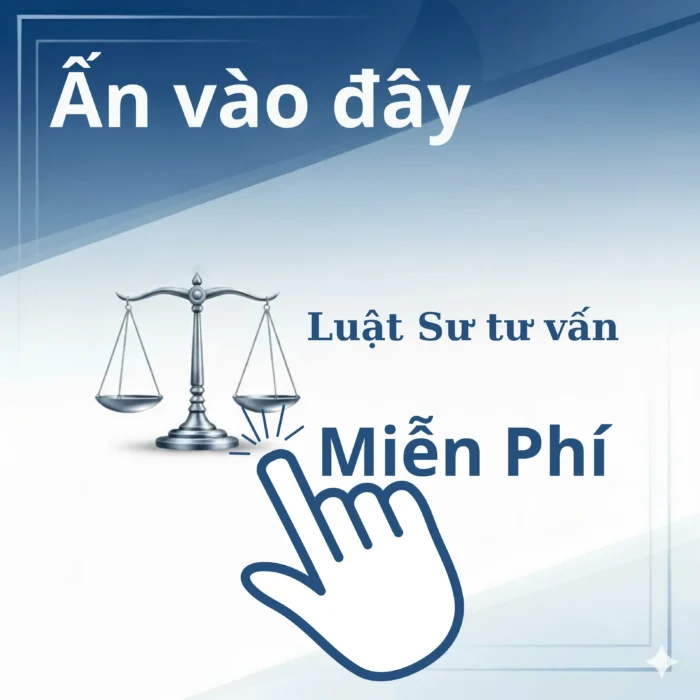Công bố 2 án lệ mới từ Tòa án nhân dân tối cao

In recent developments within the Vietnamese legal system, two significant case precedents have been proposed by a panel of five judges from the Supreme People’s Court. These precedents aim to provide clarity and guidance in complex legal matters. Here’s an overview of both case precedents that showcase the judicial approach to land disputes and inheritance issues in Vietnam.
First Case Precedent: Resolution of Land Disputes
The first case precedent, Case No. 71/2024/AL, revolves around the issue of ceasing legal proceedings due to the fact that the matter has already been resolved by a valid decision from an authorized government body, which falls outside the court’s jurisdiction. This precedent is based on the Judgment No. 14/2022/DS – GĐT dated April 28, 2022, from the Supreme People’s Court concerning a land use rights dispute where the plaintiff, Ms. Đặng Thị Thu H, sought to annul a decision made by the local People’s Committee, represented by the defendant, Ms. Nguyễn Thị C, with several other interested parties involved.
Case Scenario: Understanding the Legal Context
The situation involves a land use rights dispute that has been previously addressed and settled through a ruling from a competent government authority. Despite this, the plaintiff attempted to initiate a civil lawsuit to challenge the legally binding decision of the administrative authority. Notably, the plaintiff is not listed on the land use certificate concerning the disputed property.
Legal Solution: Court Proceedings
In such cases, the court is required to discontinue the proceedings, recognizing that the matter has already been resolved through the official governmental decision and is beyond the court’s authority to adjudicate. This ensures that the legal system respects prior resolutions by administrative bodies, promoting legal certainty and efficiency.
Second Case Precedent: Inheritance of Land Use Rights
The second case precedent, Case No. 72/2024/AL, deals with the determination of inheritance regarding land use rights, particularly in instances where the will does not specify the exact area of land involved. This precedent draws on Judgment No. 60/2022/DS – GĐT dated December 19, 2022, from the Supreme People’s Court, focusing on a civil dispute over inherited land use rights between the plaintiff, Ms. Nguyễn Thị G, and the defendant, Mr. Nguyễn Văn U, with 19 other interested parties.
Case Context: Inheritance Rights in Land Use
In this case, the inheritance concerned land use rights as dictated by a legally valid will. While the will clearly delineated the boundaries of the property, it failed to mention the specific land area, nor was there any dispute regarding these boundaries. This scenario raises crucial questions about how lawful documents define property inheritance when lacking precise details.
Legal Resolution: Determining Inherited Rights
In such circumstances, the court is tasked with defining the inheritance of land use rights based on the actual measured area as per the boundaries indicated in the will. This ensures adherence to the deceased’s intentions while addressing any ambiguity in the will’s documentation.
Conclusion: Implications for the Legal Landscape
These two case precedents represent a significant step towards more precise interpretations within the Vietnamese luật framework, particularly concerning property rights and inheritance laws. The first case underscores the importance of respecting decisions made by administrative authorities, while the second highlights the need for clarity in inheritance documentation to avoid disputes. For individuals navigating the complexities of land use rights and inheritance in Vietnam, understanding these legal precedents is crucial.
The legal rulings serve not just as guidance for judges but also as a reference for legal practitioners and the public, ensuring a better grasp of one’s rights and responsibilities under Vietnamese law. For more detailed insights into legal standards and practices, visit legalzone.vn for comprehensive resources.
Understanding these recent case precedents can help parties involved in similar disputes take informed steps in their legal journeys, thereby fostering a more cohesive understanding of rights and jurisdiction within the evolving landscape of Vietnamese law.








